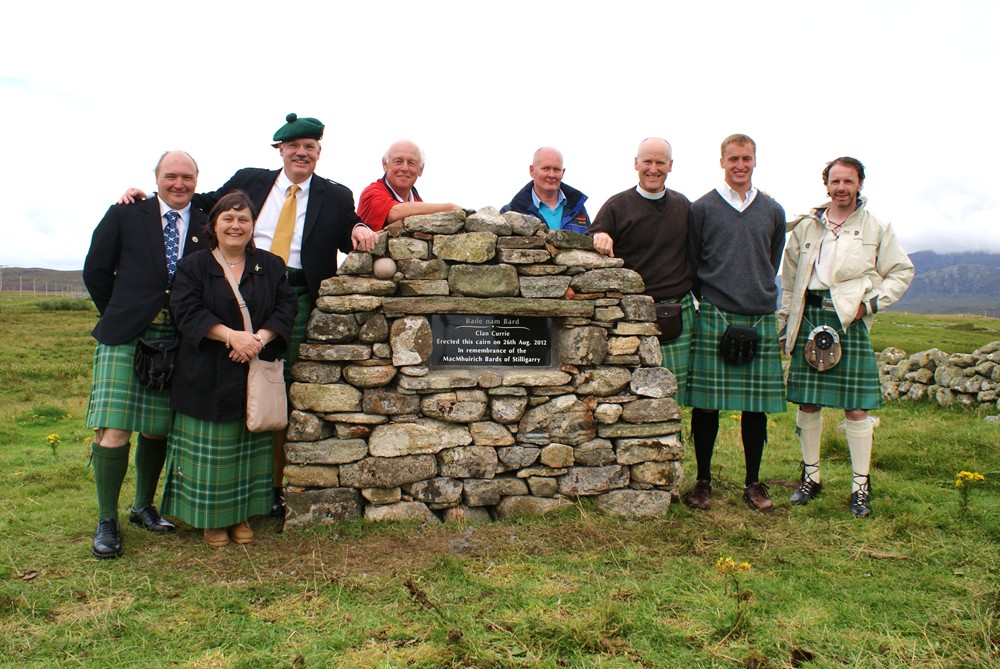 Clan Currie are in Stirling, Scotland this weekend, where members of the longstanding community are taking part in Bannockburn Live celebrations! Read more here!
Clan Currie are in Stirling, Scotland this weekend, where members of the longstanding community are taking part in Bannockburn Live celebrations! Read more here!
 Clan Currie are in Stirling, Scotland this weekend, where members of the longstanding community are taking part in Bannockburn Live celebrations! Read more here!
Clan Currie are in Stirling, Scotland this weekend, where members of the longstanding community are taking part in Bannockburn Live celebrations! Read more here!

Leave a Comment